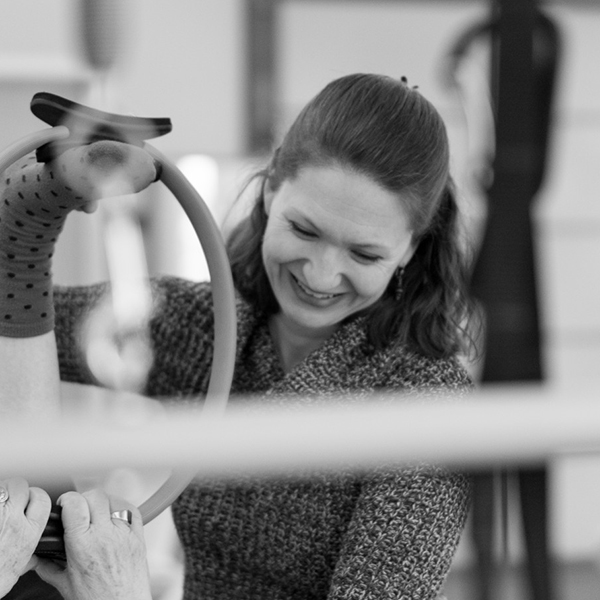
More Than Muscle: Why Everyone Can Benefit from Creatine
Creatine is a naturally occurring compound stored in both muscle tissue and the brain. It is produced by the liver and kidneys and can also be obtained through foods such as red meat and fish.
Inside our cells, creatine helps regenerate adenosine triphosphate (ATP), the body’s primary energy currency for basically every cell function. Every time your muscles contract or your brain tackles a complex cognitive task, ATP is being used up and must be replenished. Supplementing with creatine increases the amount of stored phosphocreatine, giving your body and brain a larger reserve of energy to draw from when under stress.
For the musculoskeletal system, this translates into the ability to push harder, recover faster, and adapt more efficiently to training. Research has consistently shown that regular creatine use improves power output, enhances strength gains, and supports lean muscle growth when paired with resistance exercise. These effects are especially valuable for individuals beginning a strength program, recovering from injury, or aiming to minimize age-related muscle loss.
What is less discussed is creatine’s influence on cognitive performance. The brain also stores and utilizes creatine to maintain energy balance during periods of high mental demand. Cerebral activity accounts for roughly 20 percent of the body’s total energy use, and maintaining ATP levels in the brain is essential for clear thinking and memory function. Supplementation has been shown to improve short-term memory, reaction time, and mental clarity, particularly during stress, sleep deprivation, or low energy intake. In one study of healthy older adults between the ages of 68-85, participants who supplemented with high doses of creatine for one week demonstrated measurable improvements in short-term and long-term memory, as well as spatial recall. In essence, creatine helps your brain perform with the same efficiency and resilience that it provides your muscles.
Like any supplement, the form you take matters. In recent years, gummy versions of creatine have become popular for their convenience and taste. However, independent lab testing has found that many gummy formulations are significantly underdosed, sometimes containing less than half of the amount listed on their labels. In some cases, they contain almost no creatine at all. Since most research on creatine’s benefits is based on a daily dose of three to five grams, taking an underdosed product means you may never reach a clinically effective level.
When used correctly and consistently, creatine monohydrate remains one of the safest and most effective supplements available. It supports muscular strength, cognitive performance, and recovery through the simple mechanism of improving cellular energy. Think of it as improving fuel efficiency for both your body and your brain; the more efficiently your system can produce energy, the better you move, think, and perform.
Disclaimer: This information is meant for educational purposes and does not supersede or replace direct medical advice from your MD or Certified Dietitian.
References:
- Carvalho, F. M., Kobal, R., Cadore, E. L., Vechin, F. C., Ugrinowitsch, C., & Tricoli, V.
- (2024). Effects of creatine supplementation and resistance training on muscle
- strength in healthy adults: A meta-analysis. Nutrients, 16(21), 3665.
- Gualano, B., Maughan, R. J., Harris, R. C., Greenhaff, P. L., & Hespel, P. (2023). The
- effects of creatine supplementation combined with resistance training on regional muscle hypertrophy: A systematic review and meta-analysis. Nutrients, 15(13), 2910
- Xu, C., Bi, S., Zhang, W., & Luo, L. (2024). The effects of creatine supplementation on cognitive function in adults: a systematic review and meta-analysis. Frontiers in nutrition, 11, 1424972.
- Peters, J. (2024, January 22). Most creatine gummies don’t contain much creatine. Wired.
Book Online
Have you been to Tula before?
Existing Patient Information
Looking up patient...
Looking up your information...











